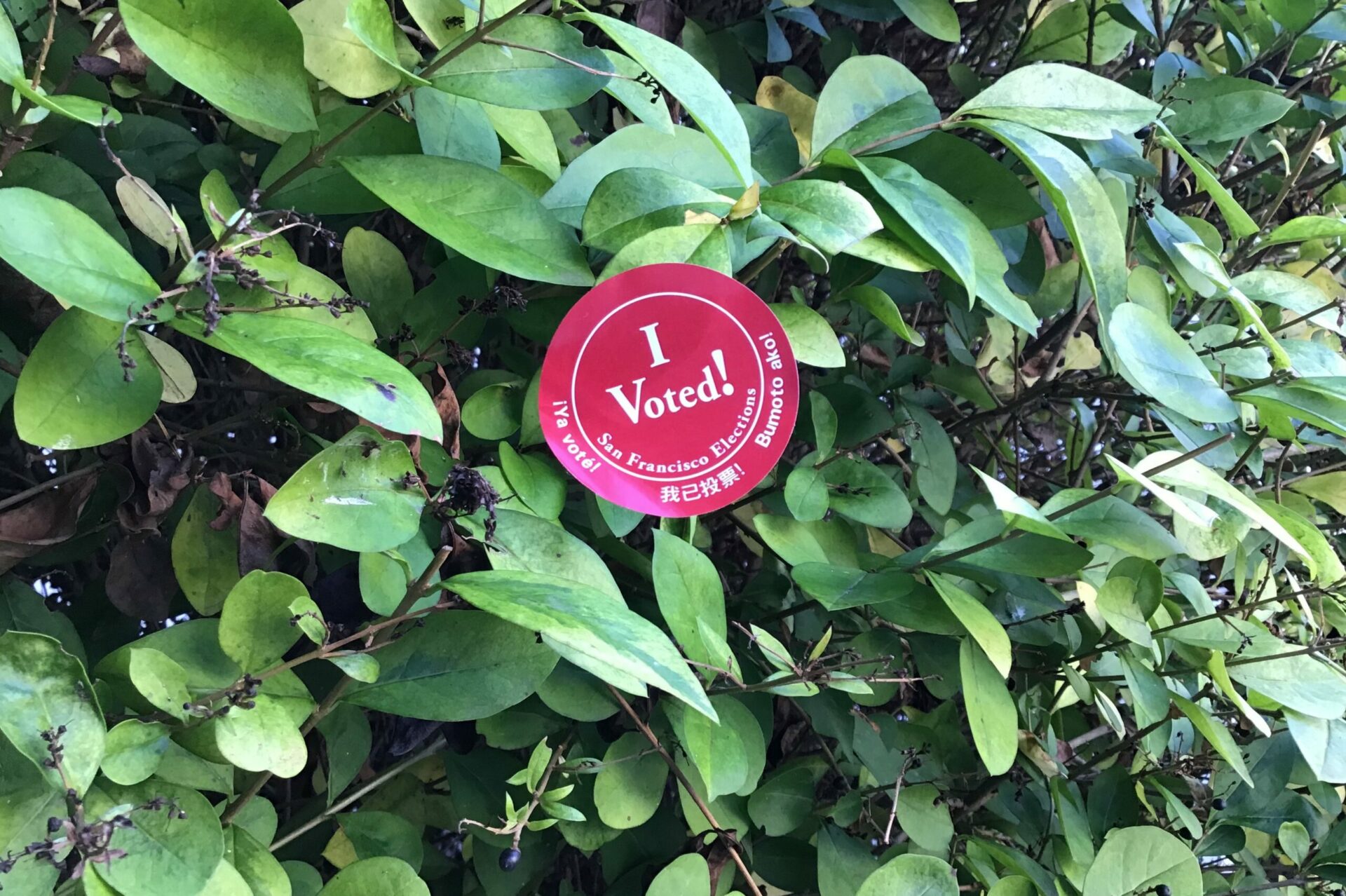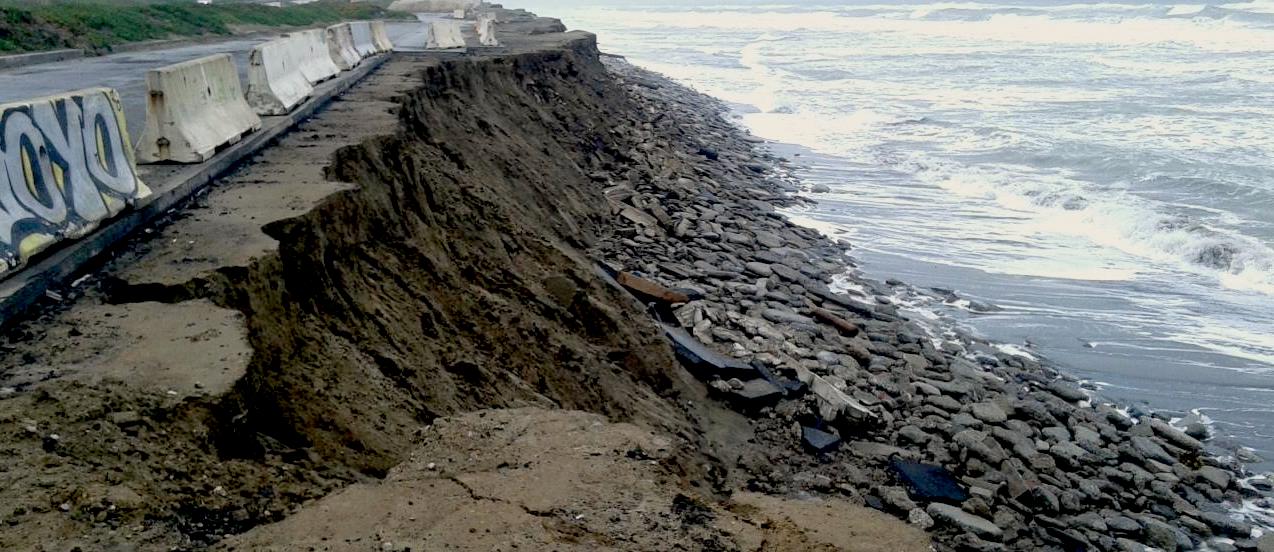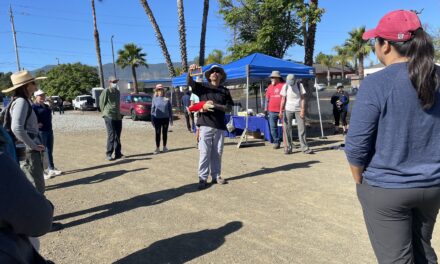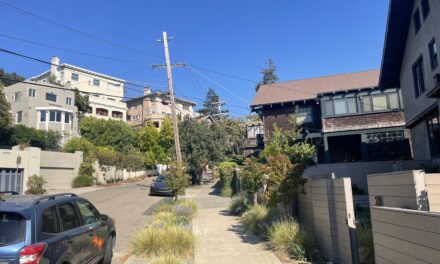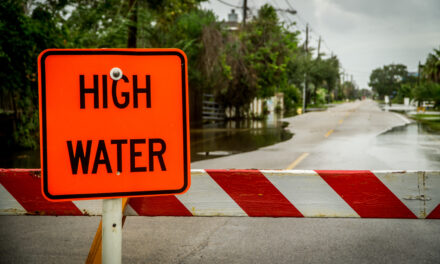Post-Election Review of Climate Results
Since the panic days of the pandemic, motorists have been banned from using JFK Drive and the Great Highway, two major roadways on the west side of San Francisco. Last week, voters chose to keep it that way. 61% voted against Proposition I, which would have required city leaders to restore motor vehicle access on JFK and the Great Highway. Proposition I would also have prevented city leaders from enacting a plan to close the Great Highway between Sloat and Skyline — part of a longer-term plan to address erosion, sand deposition, and rising sea level.
The downfall of Prop I and the passage of its competing measure, Proposition J, were just two of many climate-smart decisions made by voters on Nov. 8. The 2022 midterm election saw the passage of various measures throughout the Bay Area to protect open spaces, halt urban sprawl, promote urban housing projects and infill development, ease traffic and congestion, and advance California’s climate change mitigation and adaptation goals. In Solano County, Measure K won by a landslide, with 82% of voters approving the measure, which builds on another reform passed in 2003. That year’s Measure K prohibited urban development outside of a new urban growth boundary around the city of Benicia for 20 years. The newly passed rendition of the measure extends the extra-urban building moratorium for 20 more years.
Erosion at Sloat Boulvard along Great Highway in 2016. Photo: Roger Bland.
Measure D in Alameda County also passed last week by an easy margin of 68 to 32%. The measure builds on a 2000 measure of the same name that established an urban growth boundary to prevent sprawl and development in open spaces. This year’s Measure D makes favorable changes to agricultural building codes. Notably, it increases building size limits for greenhouses and equestrian barns. Supporters of the measure endorsed it because it protects agricultural land use and encourages urban infill housing, which are both compatible with goals to reduce commute distances and transportation-related emissions of greenhouse gasses.
Yet another landslide win for Bay Area environmental interests came with Measure O, which 72% of Alameda County voters supported. The measure imposes a new tax on properties valued at more than $1 million to create a fund that will support a variety of infrastructure improvements, flood protection projects, and water quality protections. The organization Greenbelt Alliance supported the measure because, its directors wrote in a recent blog, it is likely to fund projects to build “bioswales and other vegetative stormwater treatment features,” as well as a living levee and other sea-level rise adaptation projects for the shoreline.
In Napa County, the election of several climate-friendly officials could mark a shift of public sentiment against the wine and tourism industries. Voters elected Joelle Gallager and Anne Cottrell as County Supervisors. Paul Dohring is the new Mayor of St. Helena. Each of these candidates has acknowledged climate change as a critical challenge and has demonstrated the intention of fighting it.
Another lopsided win came with the passage of Sonoma County’s Measure O, which garnered 75% of voter support and will renew a special parcel tax to fund fire protection in the city of Sonoma.
But Nov. 8 also served up some losses for conservation and climate policy advocates. In Napa County, the passage of Measure J expands American Canyon’s urban limit across 157 acres of marshland and vineyard on the shore of San Francisco Bay. Measure J makes this land available for development at a time when many environmentalists want to see permanent preservation of open spaces. The Sierra Club and Greenbelt Alliance opposed Measure J.
Measure E, in Solano County, proposed a 0.125% sales tax to fund wildfire protection programs, including rural and urban fire breaks, programs to remove flammable vegetation, hiring more firefighters and paramedics, and improving early wildfire detection systems. 54% of voters opposed the measure, though as of Nov. 14, the measure’s election status was “too close to call.”
Another upset came as 59 % of voters said no to Proposition 30, a statewide measure to help fund electric vehicle infrastructure by taxing multimillionaires. Prop 30 would have targeted Californians with an annual salary of at least $2 million, and analysts estimated that the tax proposed by Prop 30 could have generated as much as $5 billion each year. This cash pool would have been used to, among other things, subsidize electric vehicle charging stations and rebates for Californians who buy EVs. Californians have shown support for climate initiatives, clean air programs and electric vehicles in general, and Prop 30 seemed on its way to a win until Gov. Gavin Newsom appeared in an ad opposing it. He cast Prop 30 as a corporate tax grab that would benefit the rideshare company Lyft — but analysts expected the prop to benefit Californians broadly. Support for the measure crumbled, leading to its demise on Nov. 8.
Analysts have pointed out what could be a silver lining in Prop 30’s failure: Voters rejected it not because they dismiss the importance of climate change mitigation action but because they trust their governor.
Other Recent Posts
Assistant Editor Job Announcement
Part time freelance job opening with Bay Area climate resilience magazine.
Training 18 New Community Leaders in a Resilience Hot Spot
A June 7 event minted 18 new community leaders now better-equipped to care for Suisun City and Fairfield through pollution, heat, smoke, and high water.
Mayor Pushes Suisun City To Do Better
Mayor Alma Hernandez has devoted herself to preparing her community for a warming world.
The Path to a Just Transition for Benicia’s Refinery Workers
As Valero prepares to shutter its Benicia oil refinery, 400 jobs hang in the balance. Can California ensure a just transition for fossil fuel workers?
Ecologist Finds Art in Restoring Levees
In Sacramento, an artist-ecologist brings California’s native species to life – through art, and through fish-friendly levee restoration.
New Metrics on Hybrid Gray-Green Levees
UC Santa Cruz research project investigates how horizontal “living levees” can cut flood risk.
Community Editor Job Announcement
Part time freelance job opening with Bay Area climate resilience magazine.
Being Bike-Friendly is Gateway to Climate Advocacy
Four Bay Area cyclists push for better city infrastructure.
Can Colgan Creek Do It All? Santa Rosa Reimagines Flood Control
A restoration project blends old-school flood control with modern green infrastructure. Is this how California can manage runoff from future megastorms?
San Francisco Youth Explore Flood Risk on Home Turf
At the Shoreline Leadership Academy, high school students learn about sea level rise through hands-on tours and community projects.
Amber Manfree contributed to reporting on this story.






